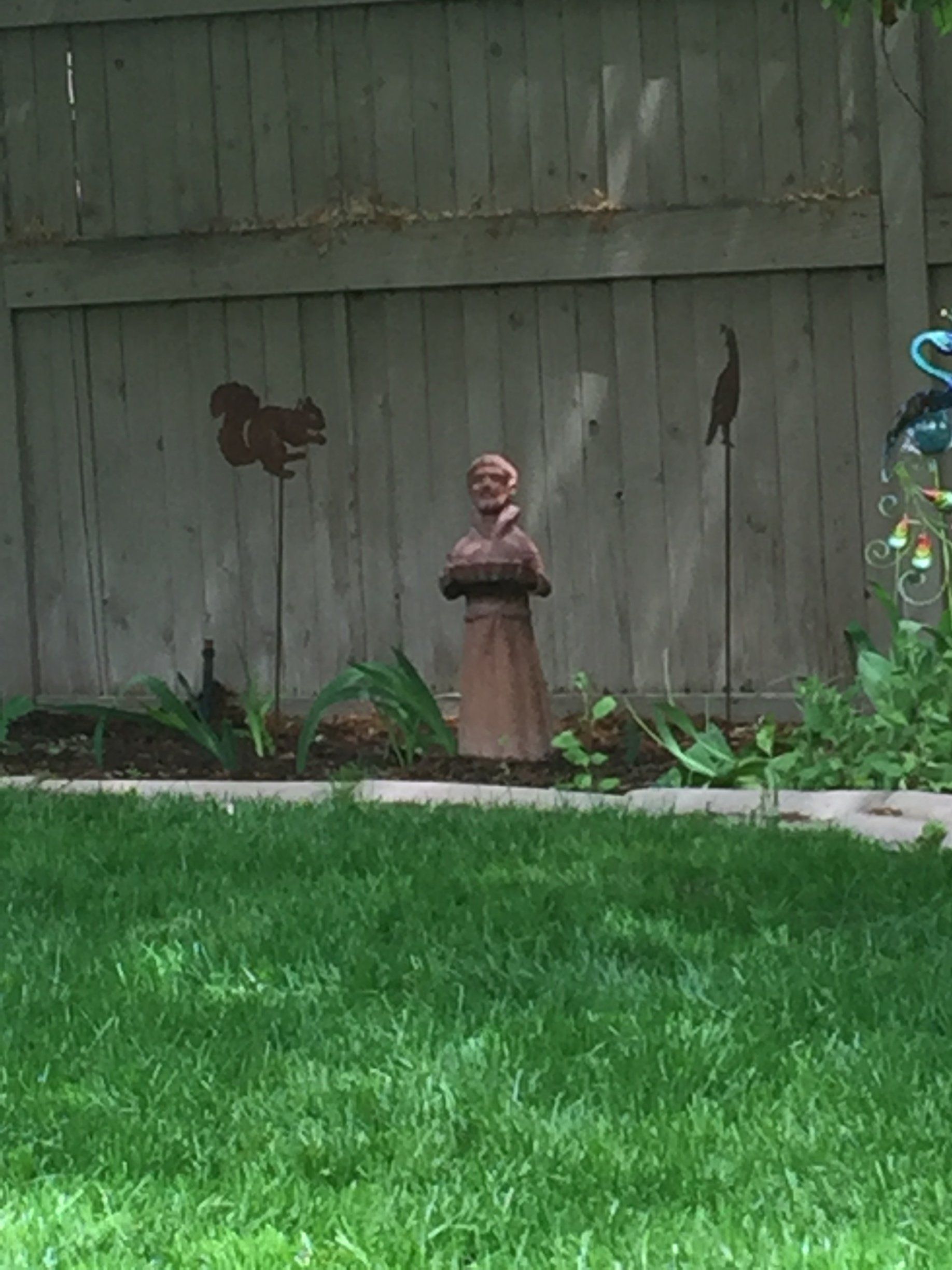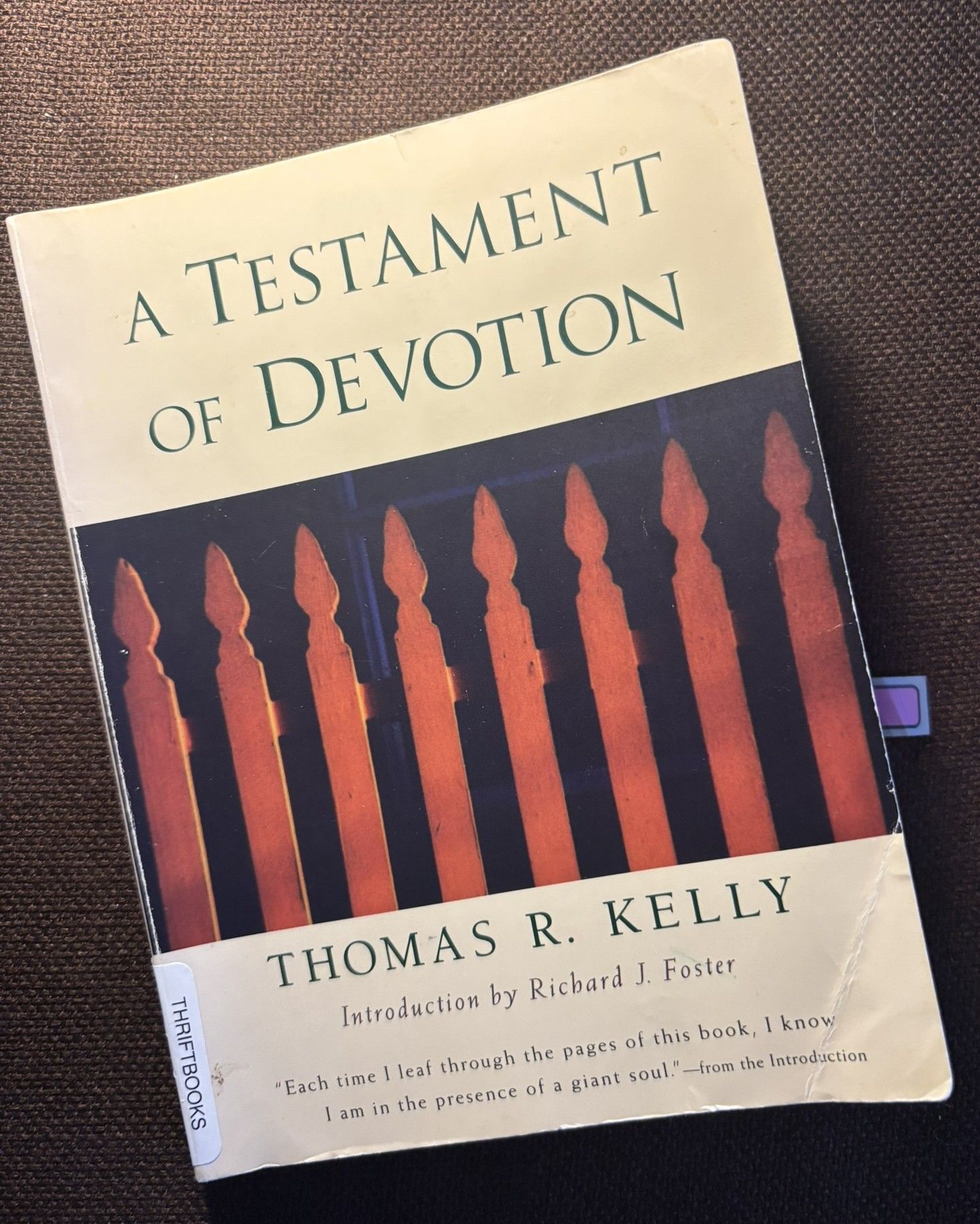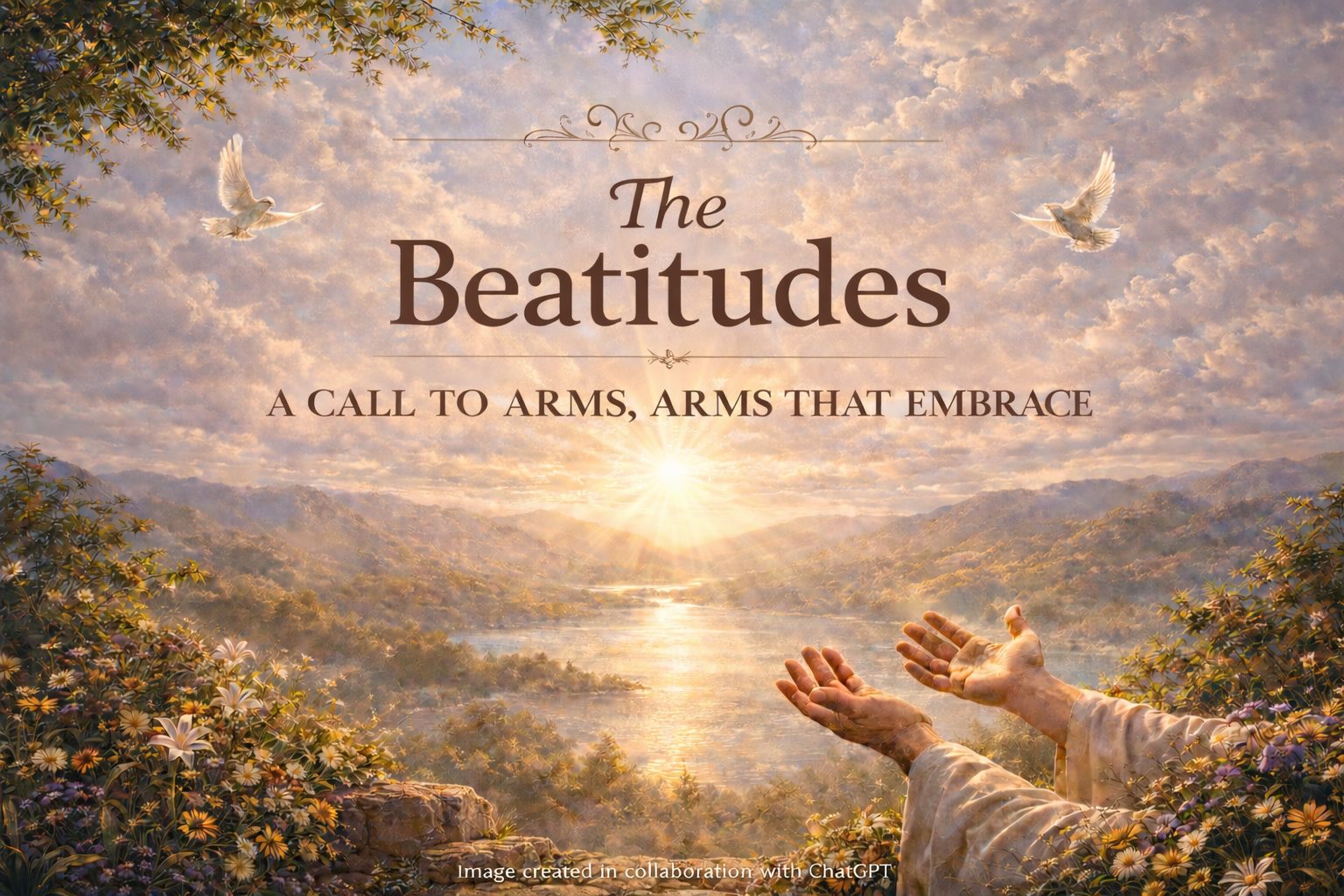Makin' Money: For Good or For Goodness' Sake
Taketh-ing, and Giveth-ing
One hundred million
books, Dolly-ized. Lit'racy
Emancipatized.
~Michael Kroth, Haiku
(See: Dolly Gives The Gift Of Literacy: 100
Million Books
)
Sometimes it is easy to become cynical about "selling" religion
The idea has been around awhile but hasn't lost steam. Consider a 1921 article in the Literary Digest titled
“’Selling’ Religion” noted that the conservative Episcopal Church “has recently
indorsed (sic) the principle…and launched an advertising campaign. ‘If cigarets (sic),
breakfast foods, life insurance, and motor-cars are susceptible of successful
advertising campaigns,’ suggests the Episcopal Church’s announcement of its new
policy, why not ‘the greatest thing in the world—religion?’” (p. 28). The
article reminds of early-church outdoor advertising, such as church bells,
steeples, and variously colored windows, and shows a picture of a contemporary
billboard, warning “YOU Went to Sunday School. Don’t deny your children.” (p.
28).
For goodness' sake. Selling crosses in bazaars, Goddess dust at festivals or even at the local mall, tourist packages to a sacred place, DVDs and best-selling books, private discussions with a guru for a price, bundling mindfulness recordings into Black Friday deals, and so much more is the current, ubiquitous state of commodifying and selling religion and spirituality. Bracelets, pendants, plaques, and statuary are available for 20% off for orders over $40.00. Even the man who gave all his possessions away, St. Francis of Assisi, has pet tags bearing his name, prayer cards (and personalized prayer card holders), book marks, his own coffee mug, charms, totes, infant rompers, and so much more. “Selling” is now the order of the day. Some sales events, products, or services are innocent fund raisers for youth choir trips, but some religious leaders need barrels to haul away their gold.
Religious education in the form of seminars, books, electronic media, and workshops is big business. “Back-of-the-room-sales” are all a part of the celebrity culture. Pilgrimage tourism ( http://bit.ly/2uLBCZd ) is a quickly growing market segment. Certifications and degrees, not to mention spiritual retreats or conferences at resorts, bear hefty price tags that those who would follow the lead of Jesus or St. Francis are unlikely to afford ("scholarships available" is nice, but clarifies the difference between those who can afford to pay for spiritual wisdom and those who cannot.)
Religion and spirituality have clearly cordoned off a nice piece of capitalist consumerism, whether for personal profit or in order to contribute to furthering the Good Work. Like paywalls that news media set up so they can pay professional journalists to do their jobs, religion finds itself ensconced in the free market, capitalistic culture of our times, often for good but sometimes for greed. Itinerant preachers who lived off the beneficence of families who fed them and put them up for the night would hardly recognize the palatial mansions which are the homes of some celebrity preachers these days.
Sometimes, for even the best of us, it's easy to forget our roots, our purpose.
For goodness' sake, mansion-and-jet-owner preachers....for goodness' sake.
And then we have people like Dolly Parton
. A person who never forgot her roots. A person who gives away a million books a month
, and was recently honored by the Library of Congress.
"The country music legend is also a champion of early childhood literacy, through her Imagination Library. Every month, the nonprofit program mails a free book to more than a million children — from infants to preschoolers. (Please read this story: Dolly Gives The Gift Of Literacy: 100 Million Books
).
She did it for her dad
"My dad didn't get the chance to go to school. And Daddy couldn't read and write, and that was kind of crippling to him," Parton said. "He was such a smart man, though. He just had such good common sense. They call it horse sense in the country."
"But Daddy thought it was just something he couldn't learn after he was grown, so he never tried to learn to read and write. And that was just kind of embarrassing to him," she continued. "But I didn't want Daddy to feel embarrassed."
Parton was determined to give the children of Sevier County something her father never had: early access to books. She started the Imagination Library in 1995, and involved her father, too. He was able to see the program take off before he died in 2000.
"He got to hear the kids call me 'The Book Lady.' He got a big kick out of that," she said. "But he took great pride and felt like he'd helped do something special."
For good, for goodness' sakeWhen I think of generous, caring people like Dolly, I also think of the great good that making and having and giving money can and does do. Despite all the examples of laying up riches, when I think of my church and church leaders I think of UMCOR, The United Methodist Committee On Relief. I Imagine No Malaria. I watch local churches, like mine, provide food to hungry people, help those who need help, and just #LoveBoise. I know this kind of work is at the core of all faith traditions.
I think of all the "spiritual directors" I know - they are without exception humble, sacrificially serving others often for free, and never for much money - hardly any - in return for all the good they do in the world. I think of the glorious cathedrals and retreat centers and humble foodbanks that must be paid for and supported to exist.
And then I remember that money, like power, like leadership, and like fame can be used to help others. Even, and especially, by religions. Even, and perhaps uniquely, by glitzy celebrities who never forgot what is most important in life. I become less cynical and feel guilty that I'm not doing more.
I have some Girl Scout cookies to buy. Oh, and I need to refill my Goddess dust jar.
But first I need to bow to my statues of Buddha and St. Francis in my backyard. They are constant reminders that humble simplicity, kindness, and generosity are of ultimate importance, even sitting in a world of celebrity and consumption.
References
(1921). "Selling religion." Literary Digest 70: 28-29.
Dolly Gives The Gift Of Literacy: 100
Million Books













